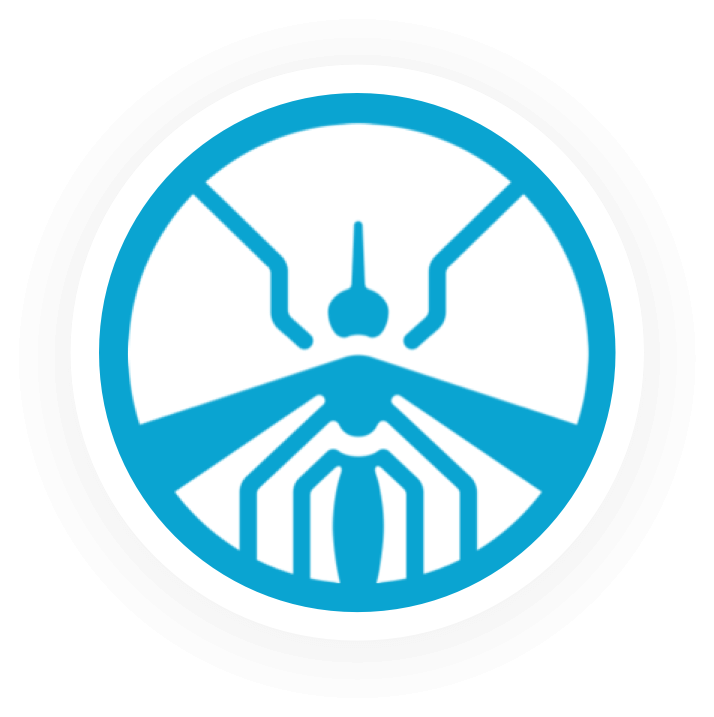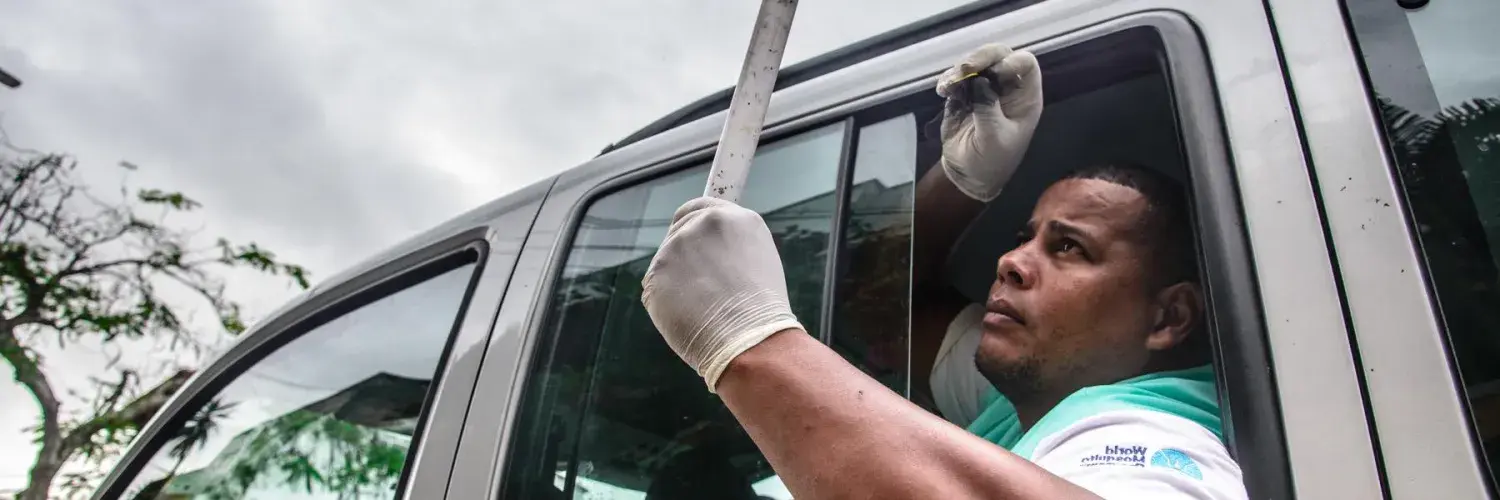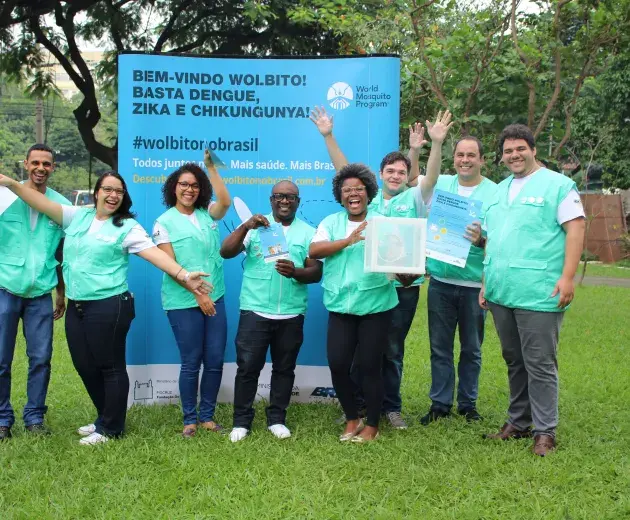En 2019, el Ministerio de Salud de Brasil anunció su apoyo a la ampliación de la implantación de World Mosquito Program en todo el país.
Se seleccionaron tres ciudades, basándose en datos epidemiológicos y logísticos y por encontrarse en diferentes contextos ambientales del país. Las tres ciudades son Belo Horizonte, Campo Grande y Petrolina.
En 2020, World Mosquito Program inició las obras para ampliar sus operaciones a Belo Horizonte, capital del Estado de Minas Gerais y sexta ciudad del país.
(Fecha de actualización: junio de 2023)
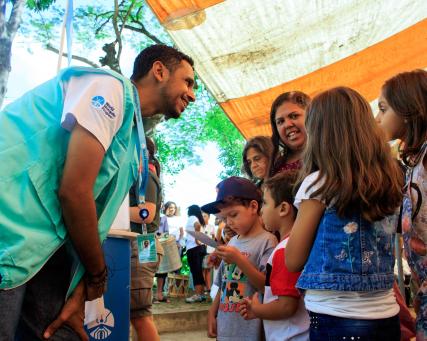
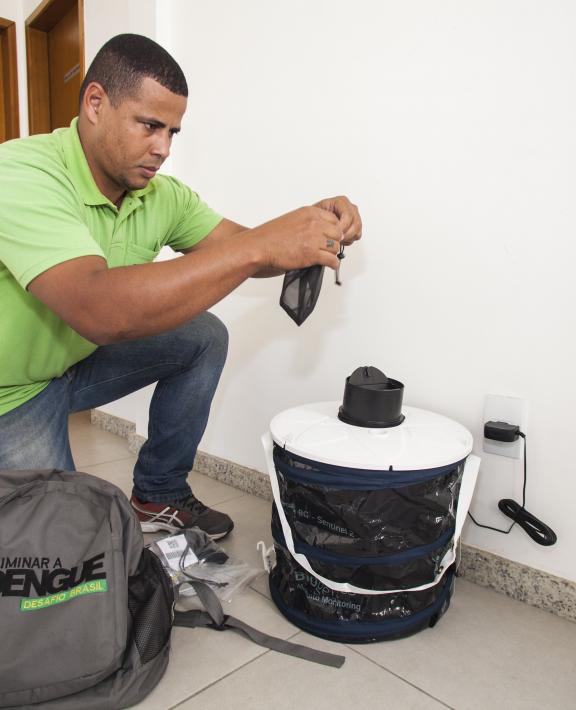
La implementación del Wolbachia Método en Belo Horizonte (MG) se realiza en asociación con la Municipalidad de Belo Horizonte. Los mosquitos son liberados semanalmente por el equipo local de WMP y el equipo de la municipalidad.
En 2020, se llevó a cabo un proyecto piloto en la región de Venda Nova del municipio, en tres zonas contiguas. Las sueltas se completaron y el seguimiento a través de ovitrampas ha mostrado el establecimiento de la población de Aedes aegypti con Wolbachia en esa área.
Desde enero de 2021 se lleva a cabo en la ciudad un ensayo controlado aleatorizado (ECA). El objetivo de este estudio es evaluar la eficacia del Wolbachia método en el control de los arbovirus locales.
El estudio clínico sobre el Wolbachia Método producido en Belo Horizonte será el primero de este tipo realizado en América Latina. El estudio en Brasil, llamado Proyecto Evita Dengue, es conducido por la Universidad Federal de Minas Gerais (UFMG, en portugués), en colaboración científica con la Universidad de Emory, la Universidad de Yale y la Universidad de Florida. La duración prevista del ensayo clínico controlado y aleatorizado es de cuatro años. Las liberaciones y el seguimiento mediante trampas BG Sentinel están en curso.
Un Grupo Comunitario de Referencia incluye a representantes de instituciones de los nueve distritos del municipio, incluidos los Comités Locales de Salud, la Secretaría de Educación, miembros de los Consejos de Distrito y Asociaciones Comunitarias.
